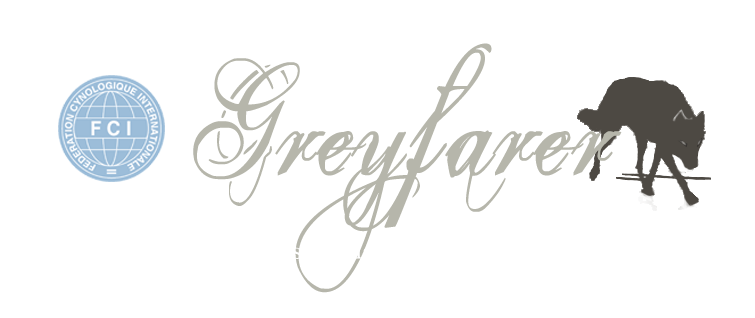Code of Ethics
We are members in good standing with Klub chovatel'ov československého vlčaka Slovenskej republiky - the Slovakian national breed club.
We:
- only breed dogs to dogs that have sufficiently passed the health screenings necessary for a OFA CHIC number, and make all results fully disclosed. Information on OFA CHIC requirements for the breed found here:
- only breed dogs to dogs that pass on typical and healthy litters to the best of knowledge. This means even if a dog has passed all known health screening but gives atypical puppies or unhealthy hips (or other known problems like poor movement), we will not use such dogs;
- do not breed dogs or to dogs that have any disqualifying faults as listed in the FCI standard, including temperament;
- only breed parents in appropriate combinations of Degenerative Myelopathy and Pituitary Dwarfism statuses so that no litter or puppy can be affected by these diseases;
- breed only FCI-registered parents for litters who are officially recognized by FCI as Czechoslovakian Vlcak and are able to make future contributions to the breed if of sufficient quality;
- do not breed more than 1 litter per year for a female.
- take responsibility for all of our dogs and any/all dogs produced by us for their entire lives.
I also agree with and abide by the FCI's stance on breeding, outlined in "FCI International Breeding Strategies", especially but not limited to Point 3.:
"To preserve, or preferably extend, the genetic diversity of the breed, matador breeding and heavy inbreeding should be avoided. Mating between siblings, mother to son or father to daughter should never be performed...the size of the breed population should be looked upon not only on national but also on international level..."
Whenever a breeding match is conceptualized, it should be undertaken with knowledge of the existing genetic pool and whether or not a litter will be a genetically interesting and high-quality contribution to the breed. This is one of our primary concerns, and so we take a very cooperative stance with other high-quality kennels that have similar ideology. Along this principle, we also will not breed the same litters over and over from the same parents or breed litters that already exist in excess with the same lines. Even though that would be very convenient, we strive to breed litters that contribute genetic value to the breed; we do not feel that repeated litters, unless for exceptional circumstances (very few puppies in a specific litter, 'lost' litters..), contribute or represent the best practice for a healthy and broad foundation of genes in a rare breed.
